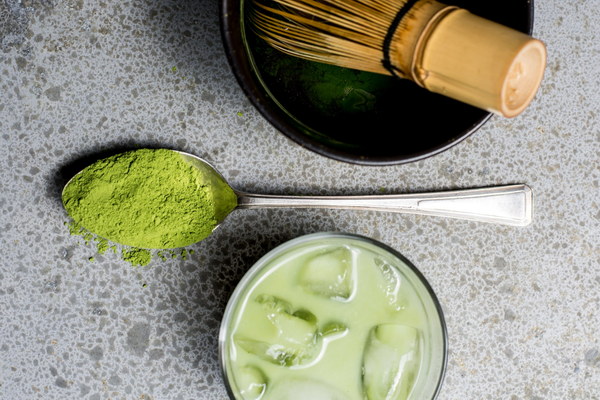Nurturing Your Liver Effective Strategies for Managing Dyslipidemia and Promoting Liver Health
Living with dyslipidemia, a condition characterized by abnormal levels of lipids in the blood, can be a challenging experience. However, maintaining liver health is crucial in managing this condition effectively. The liver plays a vital role in metabolizing fats and synthesizing cholesterol, making it susceptible to the effects of dyslipidemia. This article aims to provide you with practical strategies for nurturing your liver and promoting overall health when dealing with dyslipidemia.
1. Optimize your diet
A balanced diet is essential for maintaining liver health and managing dyslipidemia. Here are some tips to consider:
a. Reduce saturated and trans fats: These fats can increase bad cholesterol levels and place additional strain on your liver. Opt for healthier fats, such as monounsaturated and polyunsaturated fats, found in olive oil, avocados, and fatty fish like salmon and mackerel.
b. Increase fiber intake: High-fiber foods, such as whole grains, fruits, vegetables, and legumes, can help lower cholesterol levels and improve the function of your liver.
c. Consume antioxidants: Foods rich in antioxidants, such as berries, green tea, and dark chocolate, can help protect your liver from oxidative stress and inflammation.

d. Limit alcohol consumption: Excessive alcohol intake can damage your liver and worsen dyslipidemia. Aim to limit your alcohol consumption to moderate levels.
2. Regular exercise
Physical activity is crucial for managing dyslipidemia and maintaining liver health. Regular exercise can:
a. Lower bad cholesterol levels and raise good cholesterol levels.
b. Improve insulin sensitivity, reducing the risk of developing type 2 diabetes, which can exacerbate dyslipidemia.
c. Help control your weight, as excess weight can contribute to dyslipidemia and liver disease.
Aim for at least 150 minutes of moderate-intensity aerobic exercise or 75 minutes of vigorous-intensity aerobic exercise per week, along with muscle-strengthening activities on two or more days per week.
3. Manage stress
Chronic stress can lead to increased levels of cortisol, a hormone that can contribute to dyslipidemia and liver damage. Here are some ways to manage stress:
a. Practice relaxation techniques, such as deep breathing, meditation, and yoga.
b. Engage in hobbies and activities that bring you joy and relaxation.
c. Ensure you get adequate sleep, as poor sleep quality can contribute to stress and affect your liver health.
4. Regular health screenings
Regular health screenings are essential for detecting dyslipidemia and other conditions that may affect your liver health. Work with your healthcare provider to establish a screening schedule that is right for you.
5. Consult with a healthcare provider
If you have dyslipidemia, it is crucial to work closely with your healthcare provider to create a personalized treatment plan. This may include medication, lifestyle modifications, and regular monitoring to ensure your liver health is on track.
In conclusion, nurturing your liver and managing dyslipidemia requires a combination of dietary changes, regular exercise, stress management, and close collaboration with your healthcare provider. By following these strategies, you can improve your liver health and overall well-being while effectively managing dyslipidemia.









